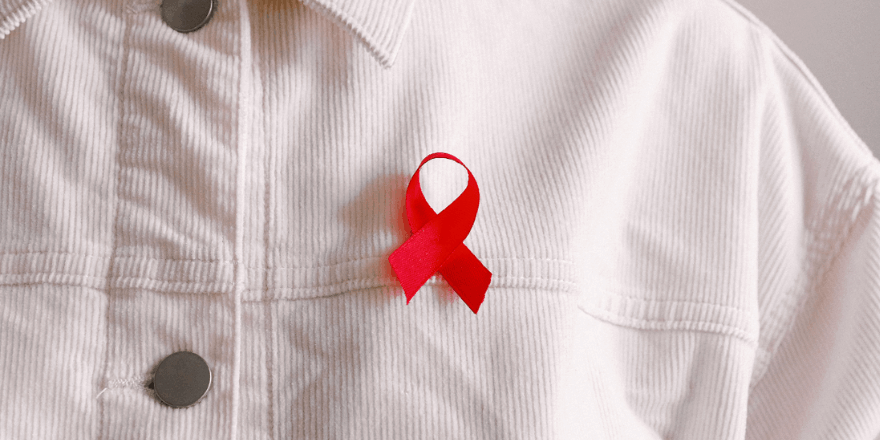Positive: how a HIV diagnosis changed my life for the better

This blog was first published on Jason's LinkedIn page, and is presented in its original form.
One day in June 2006, whilst sat on a hard plastic chair in a consultation room in a sexual health clinic, my life changed for the better, sadly at the time it didn’t feel like that – it felt like my life had just collapsed in on itself … this was the day I was diagnosed as HIV positive.
At the time of my diagnosis my understanding of HIV/AIDS was fairly limited. As a child growing up in the 80s I saw the devastation that AIDS caused, the panic and hysteria that swept across the world, and looking back I can see the damage it did to gay rights and equality. As a child I’d witnessed the harrowing news reports of the ‘gay cancer’ or the ‘gay plague’, the hospital footage showing thousands of people (mainly gay men) dying alone, their bodies ravished by this mysterious and virulent disease. In less than 15 years, the HIV/AIDS pandemic temporarily undid so much of the great work started by activists around the time of the Stonewall riots … Gay men were vilified, seen as less than human, spreaders of disease to be shunned and avoided at all cost.
Throughout 1980s and early 90s, an HIV diagnosis was very often a death sentence. Very little was known about the virus, and very little was done to fund research into the disease or treatment. I won’t get into the politics but let’s just say the pandemic was viewed as a joke at the highest levels of Western government, which only fuelled narrow minded public thinking that gay people, that their lifestyles (or so called choice of lifestyle), was unsavoury to say the least. Let’s just remind ourselves that in 1987, anti-gay laws were introduced in this country. Section 28 forbade teaching in any school that homosexual relationships were acceptable, that law wasn’t overturned until 2003.
So, back to that moment in the consultation room, the moment I was diagnosed in 2006. Identifying as a gay man still carried a lot of stigma, imagine adding being diagnosed HIV positive on top of that.
Research and treatments have come on a long, long way.
A lot of my understanding about HIV led to one final conclusion … But luckily for me, and anyone diagnosed as HIV positive in the last 20 - 25 years, research and treatments have come on a long, long way. HIV isn’t the death sentence it once was. The drug therapies are kinder than their crude counter parts that started to emerge in the early 90s. I simply take two pills a day, and that’s it. My viral load (the level of the virus in my body) is undetectable. This means I cannot pass it on. As I say, I am one of the lucky ones. Over 35 million people have died from this terrible disease, many in poorer nations where access to effective treatments and education into safe sexual health/transmission was (or still is) minimal or non-existent.
Stigma still exists around HIV, there are myths to be busted and prejudices to be tackled. Organisations like the Terrence Higgins Trust still exist to fulfil their mission:
- To end the transmission of HIV in the UK.
- To empower and support people living with HIV to lead healthy lives.
- To amplify the voices of those affected by HIV across public and political arenas to eradicate stigma and discrimination.
- To enable people to enjoy good sexual health.
But every day brings new hope. So, on this World AIDS Day, I feel blessed and privileged to have the opportunity to share my story with the world, to shine a light on a subject that is still seen as taboo by some people. And through shining a light and hopefully educating at least one person, perhaps I can make the world a slightly brighter and more hopeful place.
I said at the start of this piece, my life changed for the better in 2006. My diagnosis helped me to reassess my life, to make healthier decisions. It was my wake up call. We only get one shot at life, so please try to make every day count.

